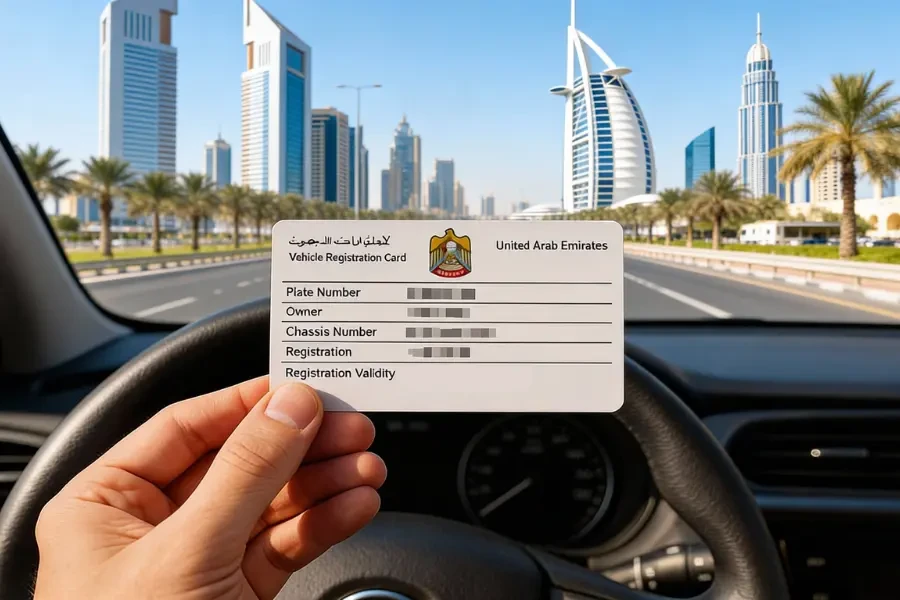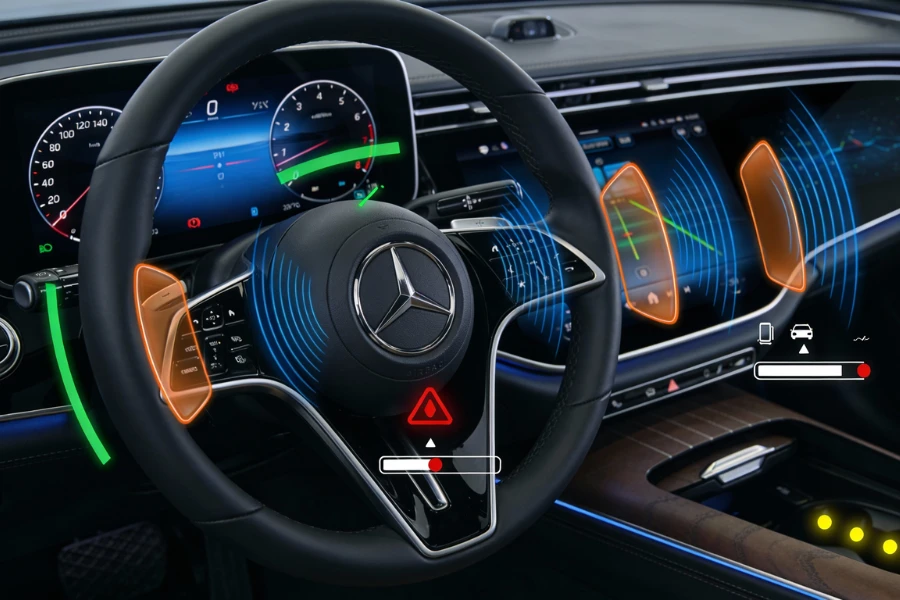Night Driving Safety Tips in Dubai
Driving through Dubai after dark is a unique experience—glittering skylines, smooth highways, and the thrill of the open road. But as any seasoned local, expat, or tourist will tell you, nighttime driving in Dubai comes with its own set of challenges and hazards. Whether you’re heading home after a late dinner, embarking on a desert adventure, or cruising Sheikh Zayed Road, it’s crucial to understand the risks and follow best practices for safe driving at night in the UAE.
This guide covers everything you need to know about night driving safety in Dubai, including practical tips, UAE traffic rules for night driving, and how to handle common hazards. Let’s make your night journeys safer and more enjoyable.
Why Night Driving in Dubai Requires Extra Caution
Dubai’s roads are renowned for their quality and modern infrastructure, but statistics reveal a sobering reality: over half of fatal road accidents in the UAE occur at night. Reduced visibility, driver fatigue, and higher speeds all contribute to increased risk after dark. Even with well-lit urban areas, certain stretches—especially on the outskirts or highways—can be poorly illuminated, increasing the chances of missing hazards or reacting too late.

Top Nighttime Driving Precautions in Dubai
1. Prioritize Rest: Combat Fatigue and Drowsiness
Fatigue is a leading cause of accidents on Dubai’s roads between midnight and 6 a.m. Before heading out, ensure you’re well-rested. If you start to feel drowsy while driving, pull over at a safe spot or switch drivers if possible. Never attempt to “push through” tiredness—your reaction times and focus are severely compromised.
2. Follow Dubai Road Safety Regulations and Speed Limits
Dubai enforces strict traffic rules, with heavy fines and even vehicle impoundment for violations. Always adhere to posted speed limits, which may be lower at night or in certain areas. Exceeding speed limits, especially after dark, is a major factor in nighttime accidents. Remember:
-
Speeding can result in automatic fines and black points.
-
Reckless driving and running red lights carry severe penalties, including impoundment.
-
Always report any accident, no matter how minor, to the police as per UAE law.

3. Maximize Visibility: Use Headlights Properly
Proper headlight usage is essential for low-visibility driving in Dubai. Here’s how to stay safe:
-
Use low beams in well-lit urban areas and when following or approaching other vehicles.
-
Switch to high beams only on poorly lit roads or highways, but dim them immediately for oncoming traffic or when behind another car to avoid blinding other drivers.
-
Regularly check that all lights—headlights, taillights, indicators—are clean and functioning.
4. Maintain a Safe Distance and Avoid Tailgating
Tailgating is especially dangerous at night due to reduced reaction times and visibility. Always keep a safe distance—at least two car lengths or 50 meters—between your vehicle and the one ahead. This gives you ample time to react to sudden stops or hazards, helping you avoid accidents on Sheikh Zayed Road and other busy highways.
5. Stay Alert for Night Road Conditions and Hazards
Even with Dubai’s generally excellent roads, nighttime brings unique driving hazards:
-
Watch for sudden obstacles like debris, animals, or stalled vehicles, especially on less-traveled routes.
-
Be extra cautious on two-lane roads, where headlights from oncoming traffic can impair your vision.
-
Avoid unnecessary lane changes and always signal before turning or merging.
6. Minimize Distractions: Focus on the Road
Distracted driving is a top cause of accidents in Dubai. New traffic rules impose hefty fines for mobile phone use while driving—AED 1,200 and 6 black points if caught. To stay safe:
-
Use a hands-free system or pull over to use your phone.
-
Set your navigation before you start driving.
-
Keep music at a moderate volume and avoid adjusting controls while moving.

7. Know the UAE Traffic Rules for Night Driving
Dubai RTA night driving guidelines emphasize:
-
Zero tolerance for driving under the influence—any alcohol in your system is illegal and can result in arrest, fines, and deportation for expats and tourists.
-
Always wear your seatbelt, even in the back seat.
-
Use hazard lights only in emergencies or when stopped, not while driving.
8. Adjust Your Driving to Night Road Conditions in Dubai
Night road conditions can change quickly, especially after rain, sandstorms, or in remote areas. Slow down in poor weather, and be prepared for sudden patches of sand or water on the road.

9. Special Tips for Tourists Driving at Night in Dubai
If you’re new to Dubai’s roads, keep these extra precautions in mind:
-
Familiarize yourself with local speed limits and signage.
-
Don’t rely solely on GPS—some routes may be closed or under construction at night.
-
Carry your driving license, rental agreement, and Emirates ID or passport at all times.
-
If you’re unsure about a route, ask your rental agency for advice—Wall Street DXB’s team is always happy to help.
10. Emergency Contacts for Road Issues in Dubai
Keep these numbers handy in case of emergencies:
-
Dubai Police: 999 (emergencies), 901 (non-emergencies)
-
Ambulance: 998
-
Roadside Assistance: Check with your rental company or insurance provider for 24/7 support
Night Driving Safety Checklist
Before you hit the road at night, run through this quick checklist:
-
Are your headlights, taillights, and indicators working?
-
Is your windshield clean and free of streaks?
-
Do you have a full tank of fuel or enough charge for electric vehicles?
-
Are you well-rested and alert?
-
Do you know your route and have an alternate plan if needed?
-
Is your phone charged, and are emergency contacts saved?







